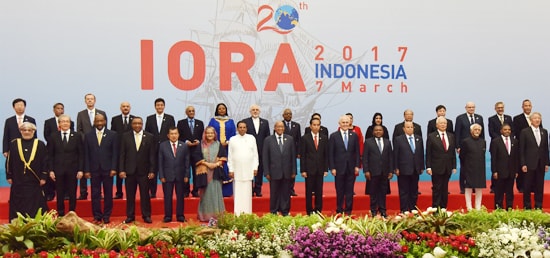
Oman to harness India opportunity
With Oman looking to reduce its economic dependence on oil and India ramping up its outreach to the Persian Gulf, Omani Foreign Affairs Yousuf bin Alawi bin Abdullah will be in India on April 2-3 to scale up economic and energy ties.
During April 2-3 visit, Oman’s Minister Responsible for Foreign Affairs will hold wide-ranging talks with India’s External Affairs Minister Sushma Swaraj to enhance economic and strategic partnership between the two countries. Issues relating to peace and security in the West Asia region will also figure in discussions.
Investments from Oman and other Gulf countries are seen by New Delhi as the enabler of Prime Minister Narendra Modi’s ‘Make in India’ initiative to create a manufacturing hub in India. Indian investors built Muscat’s IT park, Knowledge Oasis, and a growing number of Omani and Indian academic institutions are establishing tie-ups.








